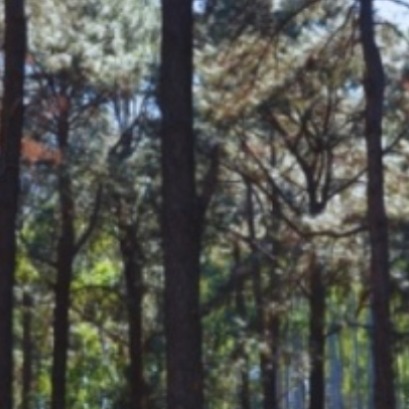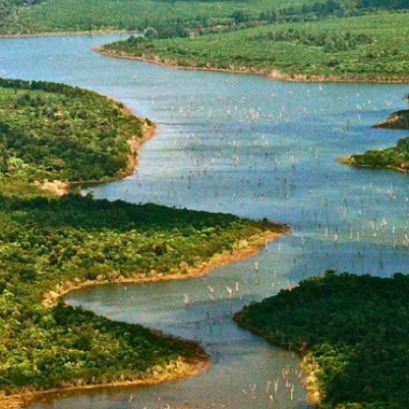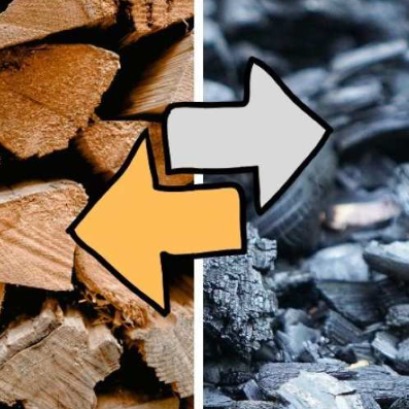
Welcome to Nuremberg
Look forward to a personal reunion with your industry from 12 - 15 July 2022! As the most important European trade fair for woodworking and wood processing, HOLZ-HANDWERK will allow you to handle and try out innovative products at a live event again in 2022.
In this unique atmosphere, you can experience at close quarters again the best that your craft has to offer and appreciate the vibrancy of wood as a living material in the many live presentations. Roll up your sleeves and test the latest technologies and processes live on site.
This year's Summer Edition also offers you exclusive open-air exhibition parties and a picturesque old town that invites you to enjoy after-work drinks in the idyllic beer gardens and numerous bars, especially in summer.

IT MAY INTEREST YOU
 They promote research in pine resins from the NEA
They promote research in pine resins from the NEA
The forestry industry is one of the most important sectors in the economies of Misiones and Corrientes. Thousands of hectares of pine supply the paper, pulp, boards and sawmill industry. Pinus elliottii, one of the species established in the region, in addition to providing wood, is used to produce resin, a non-wood forest product with high demand in the chemical, pharmaceutical and cosmetic industries. In 2\024, resin extraction of approximately 52,6\0\0 tons was achieved from approximately 18,\0\0\0,\0\0\0 trees in production, generating income and jobs with high expansion potential.
 The second largest wetland in South America is located in Argentina: what is it?
The second largest wetland in South America is located in Argentina: what is it?
Argentina has national parks that place it in a unique position within South America, competing with 300 others. Which is the largest? South America is home to more than 300 national parks, but many go unnoticed. There are extensive wetlands that have been the subject of major ecological restoration projects, to coastal mountains with deep indigenous heritage. Today we tell you the case of one located in Argentina.
 Canadian researchers make biochar from wood waste that rivals steel in strength
Canadian researchers make biochar from wood waste that rivals steel in strength
Researchers at the University of Toronto have developed monolithic biochar from wood that can reach an axial hardness of up to 2.25 GPa, similar to mild steel.






















